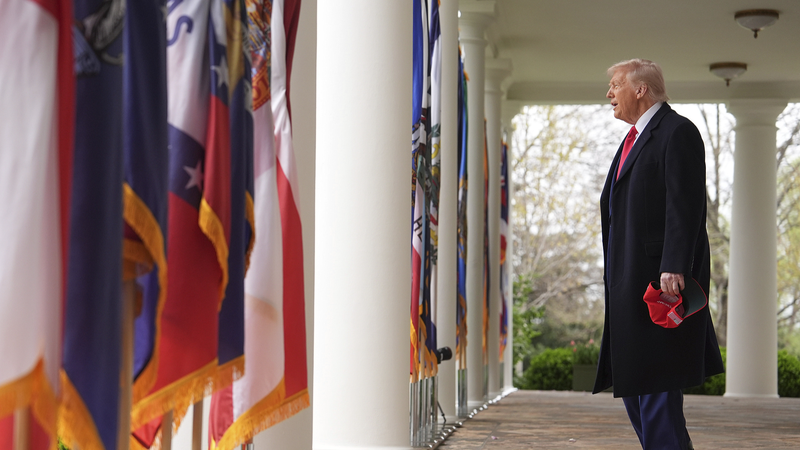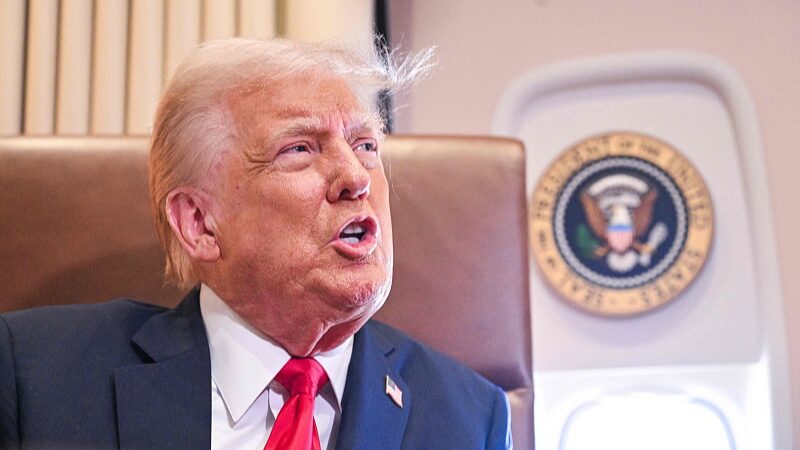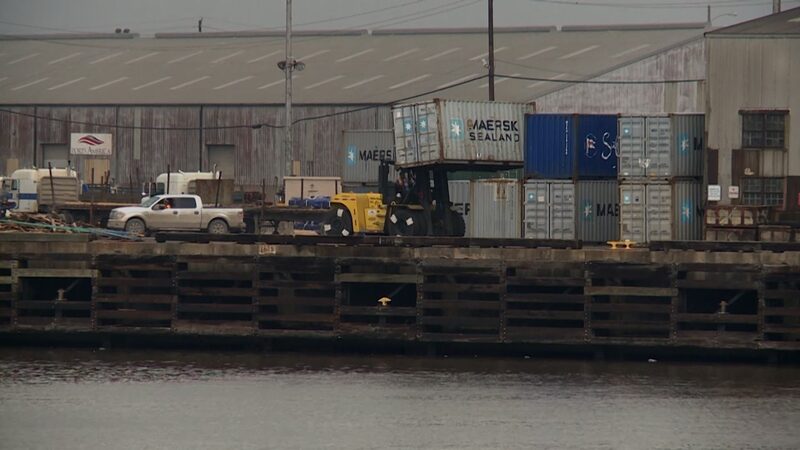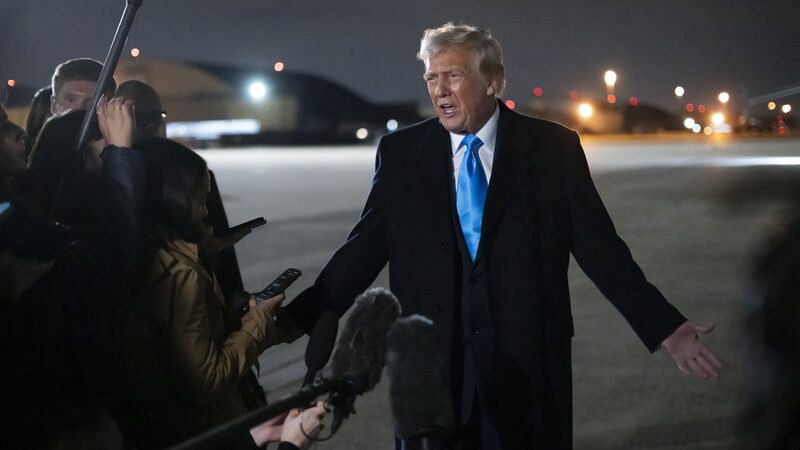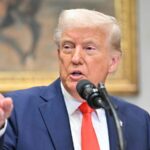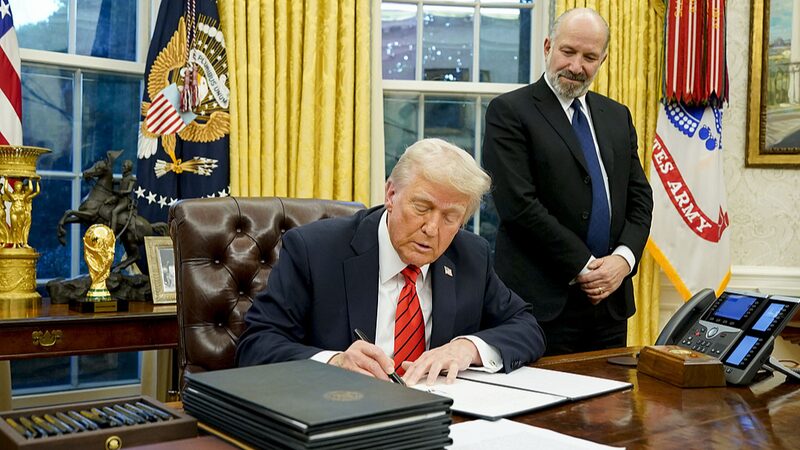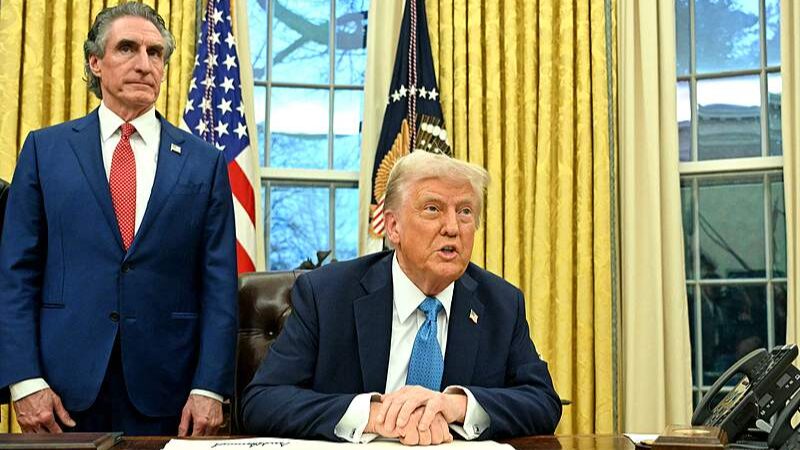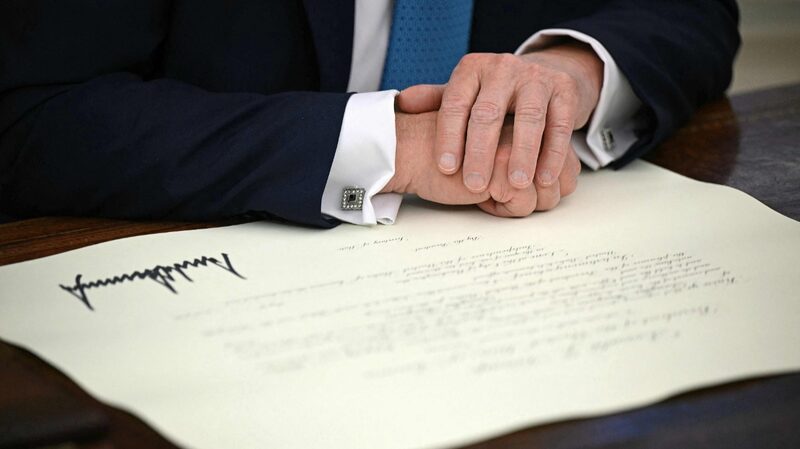U.S. President Donald Trump’s newly announced “reciprocal tariffs” policy has drawn sharp criticism from global trade experts, who warn the measure risks inflaming international economic relations. The executive order, signed Wednesday, imposes a baseline 10% tariff on nearly all imports starting April 5, with additional “individualized” tariffs targeting key trade partners to take effect April 9.
The White House framed the policy as a tool to address trade imbalances, specifically targeting “countries and regions with which the United States has the largest trade deficits.” However, analysts argue the move undermines multilateral trade frameworks historically championed by the U.S. itself.
“The so-called international order, which the U.S. now claims is unfair, was built under its leadership,” said Wei Nanzhi, a research fellow at the Chinese Academy of Social Sciences. “Attempting to revive manufacturing through protectionism ignores the structural role of the U.S. dollar in global trade.”
Economists note that while the tariffs aim to reduce trade deficits, they could disrupt supply chains and raise costs for businesses and consumers worldwide. Market analysts are advising investors to brace for volatility in sectors ranging from electronics to agriculture as trading partners consider retaliatory measures.
As the April implementation deadlines approach, businesses across Asia are reassessing export strategies, with many accelerating diversification efforts to mitigate potential impacts on regional economies.
Reference(s):
cgtn.com
